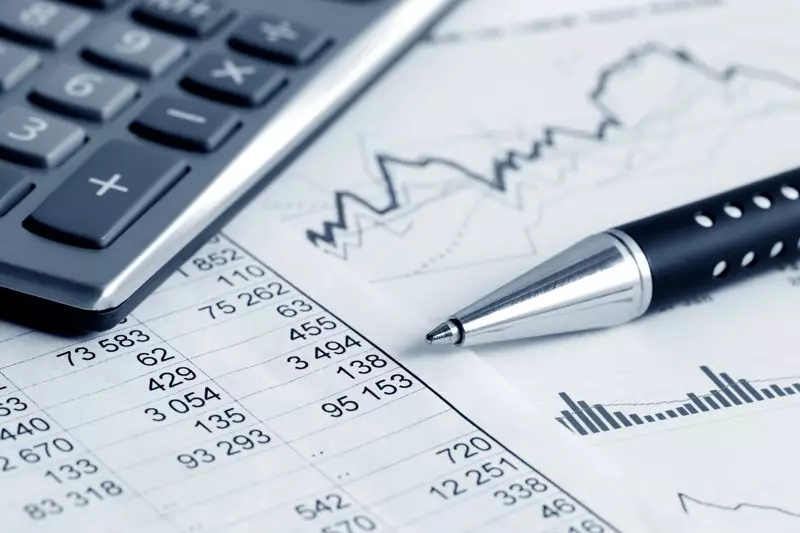In a move to protect their own manufacturers, the European Union has initiated investigations into China's procurement practices regarding medical devices. This is just one of many probes that the EU has launched to prevent unfair competition and market distortion.
The European Commission has launched a probe into Chinese public procurement of medical devices, marking the first investigation under the EU International Procurement Instrument. This initiative aims to prevent favoritism towards domestic suppliers, ensuring fair access to the market for European companies. If European suppliers are found to be at a disadvantage in China, restrictions could be placed on Chinese medical device companies bidding in EU public tenders. The investigation is expected to be concluded within nine months, with a possible extension of five additional months.
Additionally, the EU is investigating subsidies received by Chinese suppliers of wind turbines destined for Europe. The anti-trust commissioner Margrethe Vestager announced the probe, which will focus on wind park development in several European countries. China has denounced this investigation as discriminatory and protectionist, showing tension between the two economic giants.
The Commission has also opened investigations under the EU Foreign Subsidies Regulation into two Chinese bidders involved in a public tender for a solar power park in Romania. This probe aims to determine whether these bidders benefited excessively from subsidies, potentially distorting competition. The decision on whether to block the contract, accept commitments to address the issue, or take no action must be made by Aug. 14.
In response to concerns about Chinese exports of electric vehicles to the EU, the Commission announced an anti-subsidy investigation. The goal is to assess whether these vehicles are receiving excessive subsidies, leading to unfair advantages in the market. Chinese officials have pushed back against these claims, arguing that allegations of overcapacity are unfounded. The investigation, which officially began on Oct. 4, is expected to last up to 13 months, with potential imposition of anti-subsidy duties after nine months.
Overall, these investigations highlight the ongoing tensions between the EU and China regarding trade practices, subsidies, and market competition. The outcomes of these probes will be crucial in shaping future trade relations between these two global economic powers.

